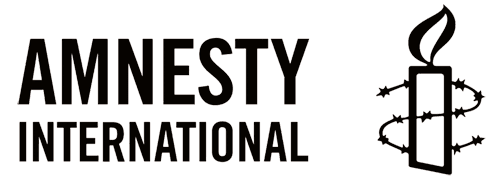Kaksi Reutersin toimittajaa Wa Lone ja Kyaw Soe Oo on pidätetty Myanmarissa heidän tutkittuaan rohingya-vähemmistön vainoa Rakhinessa. Vaadi vapauttamista. Vastaa VETOAN REUTERS NIMESI (90snt).
Wa Lone and Kyaw Soe Oo, two Reuters journalists, were formally charged with breaching Myanmar’s Officials Secrets Act on 10 January 2018 by a court in Yangon, Myanmar’s main city. The colonial-era law provides up to 14 years in prison for anyone who obtains, records or communicates documents or information for any purpose “prejudicial to the safety or interests of the state”.
The two journalists had been investigating a brutal military crackdown in Rakhine State against the Rohingya minority, and were detained on 12 December 2017 after they were invited to meet police officers for dinner in the north of Yangon. They were arrested almost immediately after being handed documents by the policemen, who they say they had never met before. According to the Myanmar Police Force, the pair were arrested for “possessing important and secret government documents related to Rakhine State and security forces (with the intent) to send them to a foreign news agency”. State media has reported that two Myanmar police officers were also arrested in connection with the case, however Amnesty International has been unable to obtain further information about the two men.
Following their arrest, Wa Lone and Kyaw Soe Oo were held incommunicado for two weeks, during which time they did not have any access to lawyers, family members or to the outside world. Their next court hearing is scheduled for 23 January 2018. Both men remain in detention in Yangon’s Insein prison.
The arrest of Wa Lone and Kyaw Soe Oo appears to be aimed at preventing them, as well as other journalists, from independently reporting on the situation in Rakhine State. The case marks a blatant attack on freedom of expression in Myanmar which will greatly undermine the ability of all journalists to conduct their peaceful work without fear of reprisal.
There has been a worrying erosion of the space for a free press in Myanmar, where journalists and other media workers face ongoing restrictions in connection with their work. The operations of independent media outlets have been increasingly undermined, and those who report on sensitive subjects – in particular the situation of the Rohingya minority – can face intimidation and harassment and at times arrest, detention, prosecution and even imprisonment.
The right to freedom of expression is enshrined in Article 19 of the Universal Declaration of Human Rights (UDHR), and includes the right to “seek, receive and impart information and ideas through any media and regardless of frontiers”. Under international human rights law the right to freedom of expression can only be restricted in very specific circumstances, and any restrictions must be clearly defined in law, only imposed to serve a legitimate aim explicitly specified in international human rights law and necessary and proportionate to achieve their aim. While states are permitted, subject to these conditions, to restrict the right to freedom of expression on the ground of national security, Myanmar’s 1923 Official Secrets Act is extremely broad and vaguely worded, and goes beyond what is permissible under international law. Moreover, The Act contains no provisions which allow for the disclosure of classified information on public interest grounds.

